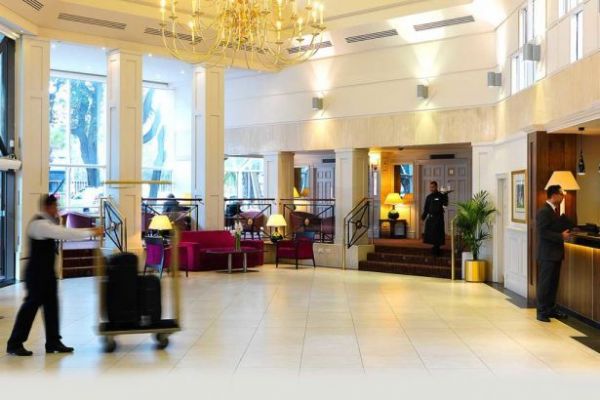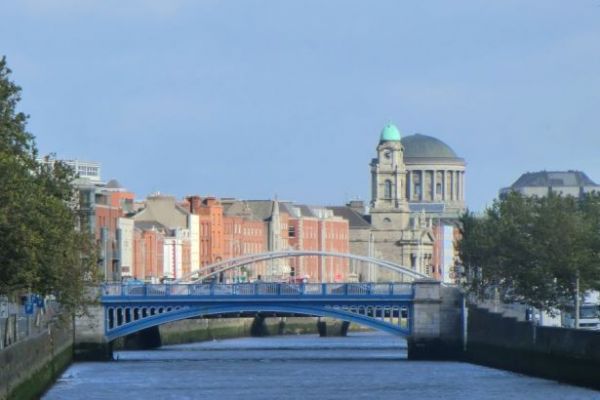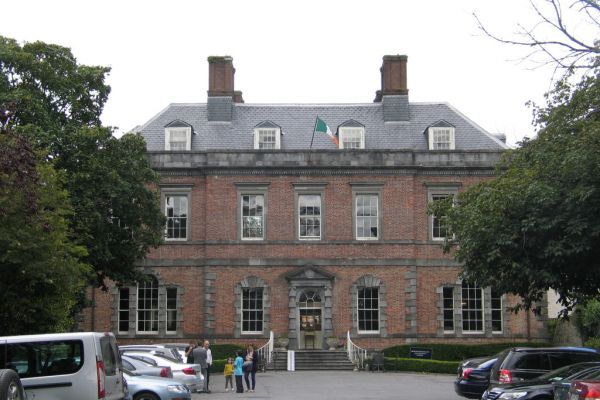Choosing among hotel chains is like walking down the cereal aisle. The variety is almost overwhelming. In the end, what's really the difference?
Marriott International currently manages 16 hotel brands and will soon add 14 as part of its $12.2 billion purchase of Starwood Hotels & Resorts Worldwide.
On a call with analysts, Marriott President and Chief Executive Officer Arne Sorenson said the company intends to retain and even expand all its brands, which will include names such as Westin, Courtyard, Delta, W, St. Regis, and Ritz Carlton.
The lodging industry has seen brands proliferate in recent years as big players seek to segment the customer base. The goal is to create brands that target travelers with differing lifestyles. Care about design? Starwood offers Aloft: “Urban- inspired design, tech-forward sensibility and a go-with-the-flow attitude,” in company marketing-speak. For the more environmentally conscious, Starwood offers Element, a 19-hotel brand under Westin that offers “a fresh, modern experience that incorporates sustainable practices for the frequent traveler."
The difference between them? “I think one uses blue a little more in its color palette, and one uses green a little bit more,” said Henry Harteveldt, a travel industry analyst with Atmosphere Research Group. “Every hotel company is going to tell you that each brand has its own individual attributes and that each as a brand is very distinct,” said Alex Zozaya, chief executive of Apple Leisure Group, which manages six hotel and resort brands across Mexico and the Caribbean. “The fact is that the differences between brands is not that much, especially in the urban markets.”
The trend for more brands runs counter to the consolidation of other parts of the travel industry, such as airlines and online booking agencies. In those fields, a buyer generally shuts the seller's brand, be it Northwest or Travelocity.
Underlying the proliferation in hotel brands is the shift from the days when players like Marriott and Hilton owned their properties. Today, most of the lodging companies don’t own the hotels (or want to own the hotels) that are branded Marriott or Westin or Courtyard. They franchise and operate the properties, which means that many of the contracts between a hotel owner and its operator have clauses saying that a similarly branded hotel can’t be set up nearby, Harteveldt said.
“The contracts may state that if you have a Marriott hotel, there can’t be another Marriott-branded hotel within a certain geographic distance,” he said.
Line up a Courtyard or Delta brand for a new property, however, and voila, problem solved. As it adds Starwood's brands, which skew to a younger, more upscale traveler, Marriott will have even greater space in such negotiations.
Harteveldt said he wouldn't be surprised to see some sort of rationalization over time. He and others see enormous overlap between Starwood’s Le Méridien, a French brand that Air France started in the 1970s, and Marriott’s Renaissance Hotels. Marriott will also confront the question of Starwood’s Sheraton as a brand: What category does it fit best? Upscale? More modest? The Sheraton brand is enormous, with 441 hotels in 75 nations, and executives suggested during a conference call on Monday that it enjoys much greater cachet around the world than it does in the United States.
So while Marriott may begin its Starwood integration with 30 hotel brands, there's good reason to expect some rationalization, partly to help travelers dizzied by so many choices. “It’s very, very confusing,” Harteveldt said. Throw in too many, he said, and “ultimately these brands end up standing for nothing.”
News by Bloomberg, edited by Hospitality Ireland








